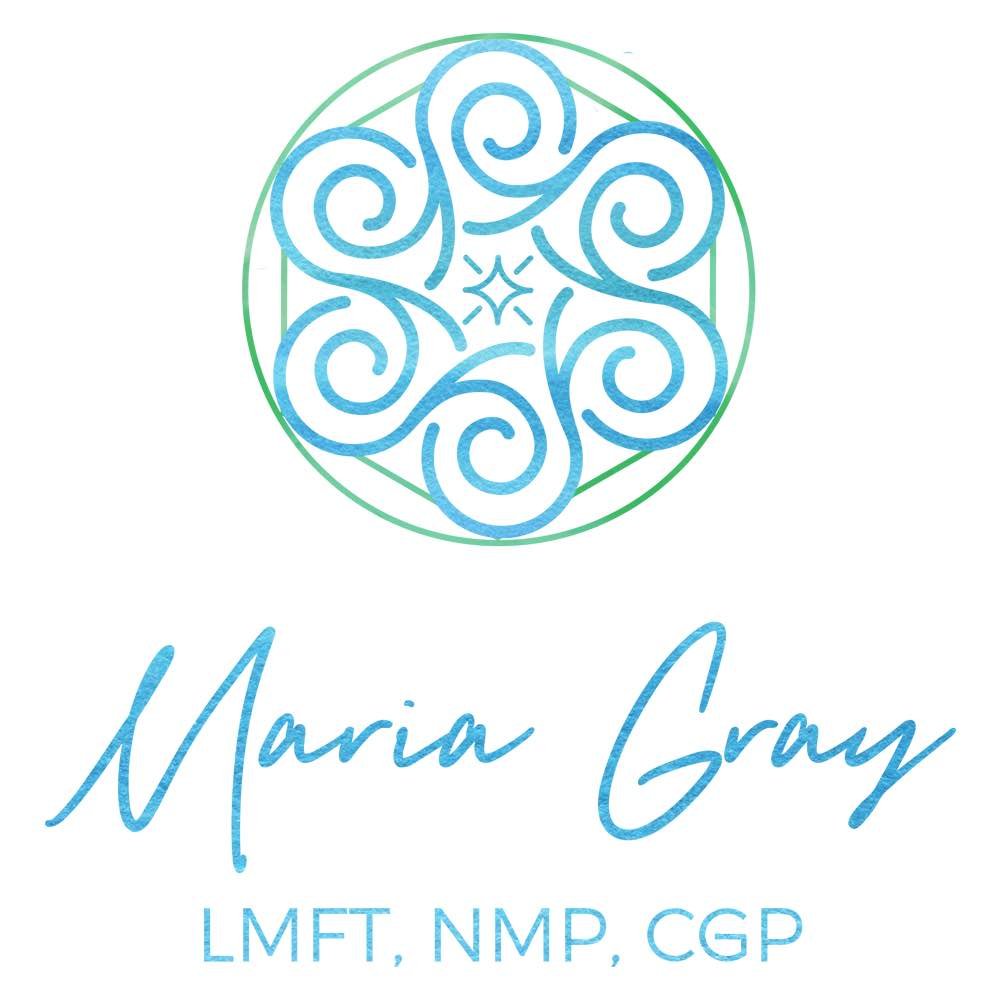Thanksgiving is my favorite holiday. We have many great cooks in the family, and everyone brings something; some of the recipes have been in our family for years. In addition to bringing the cranberry mold, I’m responsible for asking everyone to share what they are grateful for each year. My beloved aunt just turned 86 and I’ve spent at least thirty Thanksgivings with her since I moved to California in 1990; having her with us for another year is at the top of everyone’s list.
I like incorporating gratitude into my clinical work. I studied Positive Psychology which is the scientific study of the strengths and virtues that enable individuals to thrive. Positive Psychology was created by Dr. Martin Seligman, a psychologist who got tired of studying depression.
One of my favorite exercises from Dr. Seligman’s work is “The Gratitude Visit” and I teach this to my clients. First, I encourage them to take some time and think about a person who has had a major positive impact on their lives. Next, I ask them to visualize that person in as much detail as possible, picturing their face, and imagining a special time they had with that person. When the visualization is done, we talk about what the person means to them and discuss any thoughts or feelings that came up during the exercise. The next step is to write a letter to the person and read it to them in person. Some clients have read their letter to relatives who are no longer living.
Seligman’s research revealed that people who wrote gratitude letters reported a higher level of happiness during the time they participated in the study and again when they were contacted six months afterwards. Clients sometimes ask me if practicing gratitude will help them avoid feeling “negative” emotions. Our brains often gravitate toward what’s wrong and how to fix it, I explain that gratitude will help them experience a wider range of feelings, but it won’t prevent them from feeling unpleasant emotions. You can learn more about Positive Psychology at https://ppc.sas.upenn.edu/

